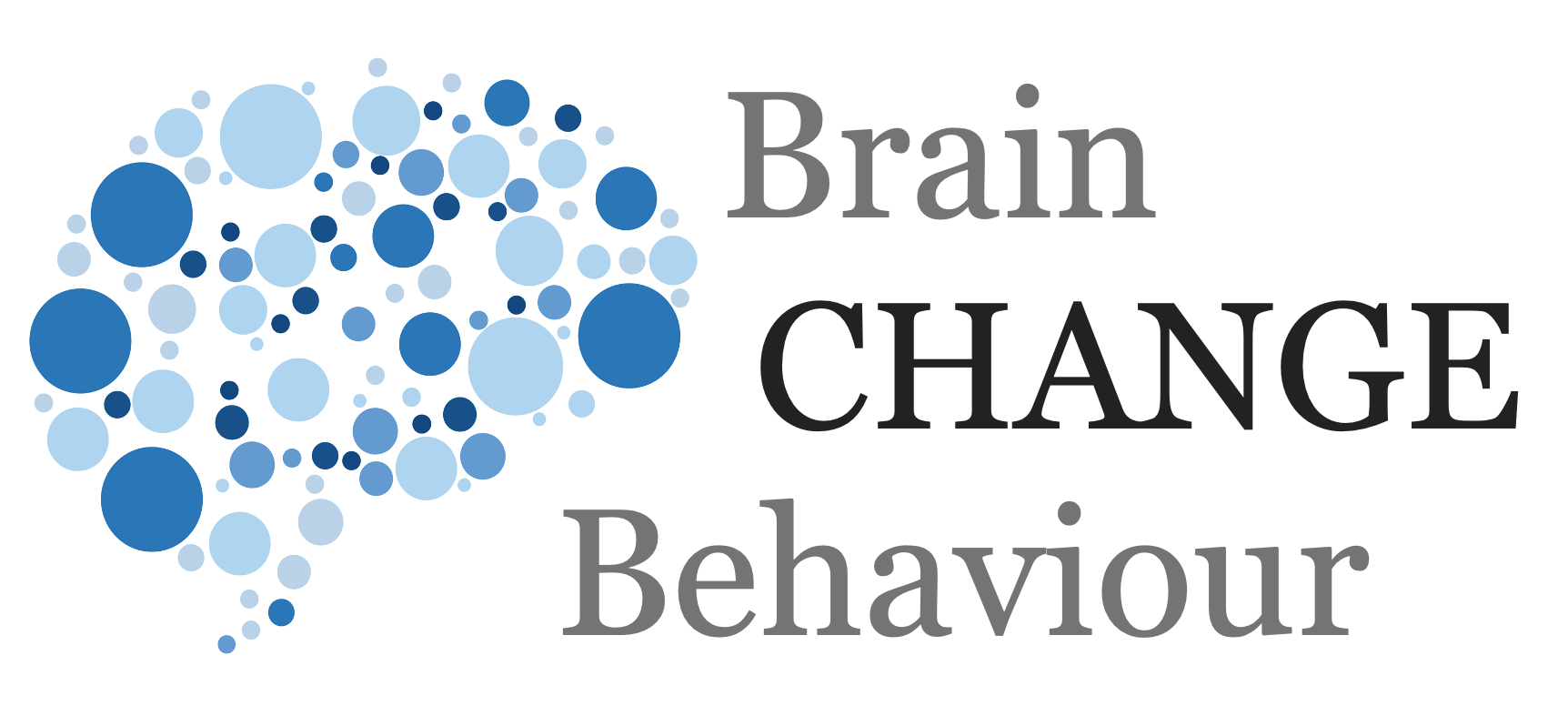Quick Hits
Brief research updates from the cognitive sciences

What! I’d get nothing done without deadlines!
Ditto, though I can be very productive, I have a natural tendency to procrastinate. In fact it is one of my natural talents!
So what are these researchers saying?
Knowles et al. at the University of Chicago in a study just published looked at how different length deadlines, and no deadlines, impacted task completion.
And…?
In this task, which was completing a short survey (about 5 minutes long), and in return there would be a $10 donation to charity, people were put into three groups: one with a short deadline (1 week), one with a long deadline (1 month), and one with no deadline, to complete the survey.
The response rate was highest for the group with no deadline followed by the short deadline and last was that with a long deadline. Response rate was more than 50% higher with the no deadline condition!
Oh wow — and why do you think this is?
Well, it could be that the long deadline moves it to the future and reduces urgency — it is then subsequently forgotten. In the no deadline situation we may impose implicit deadlines on ourselves and it remains in our consciousness.
But it wasn’t in business situations?
No, this was a mailing to the general population so not reflective of business scenarios (with between 5 and 8% completing the task). But it does highlight underlying psychological mechanisms. We probably tend to know in business that those deadlines in the future are forgotten until a few days before when there is a crazy rush to get it done…
In addition, we may be tapping into our own internal sense of duty and feelings of autonomy in the no deadline situation.
So we may learn from this: set short deadlines or no deadlines…though it may feel uncomfortable…
In short, just get it done!
Yup!
© leading brains 2022
Reference
Stephen Knowles, Maroš Servátka, Trudy Sullivan, Murat Genç.
Procrastination and the non-monotonic effect of deadlines on task completion.
Economic Inquiry, 2021;
DOI: 10.1111/ecin.13042
More Quick Hits
Exercise is Infectious
This is an older study (2017) I came across and found fascinating. As many of you regular readers will know I have reported many times on the benefits of exercise.
Why our Brains Miss Opportunities for Innovation
When we think of innovation we think of creating something new. A new study shows that, however, we, by default, try to add something whereby subtracting something could make something better.
Brain Region for Changing Behaviour Identified
The saying goes “Insanity is doing the same thing over and over again and expecting different results.” This obviously refers to doing the same thing over and over and continually getting a bad result
From Couch to Ultra Marathon with Mental Imagery
On first glance I thought the above headline was fascinating. I am a sports person, look into the neuroscience of motivation, and have been in the “motivational” space for nigh on two decades.




